The Postpartum Care Gap
For many women, the weeks after delivery are among the most vulnerable and under-supported stages of care.
Postpartum complications—whether physical or mental—often emerge after discharge, when contact with providers decreases dramatically.
The American College of Obstetricians and Gynecologists (ACOG) now emphasizes ongoing postpartum care rather than a single 6-week visit. Yet most clinics struggle to operationalize that model because of limited time, inconsistent follow-up, and manual communication workflows.
AI automation is helping close this gap—ensuring every patient receives proactive outreach, monitoring, and follow-up care without adding burden to staff.
The Challenge of Manual Postpartum Follow-Up
Traditional follow-up workflows rely on manual tracking and outreach:
- Staff must remember to call or message each patient.
- Follow-ups are often delayed or missed due to workload.
- Documentation and scheduling systems don’t always sync.
- Early warning signs (like depression or hypertension) go unnoticed.
These gaps can compromise patient safety and satisfaction.
AI solves this by automating postpartum care pathways—from outreach to documentation—so no patient slips through the cracks.
How AI Improves Postpartum Care Workflows
AI tools streamline follow-up care by intelligently tracking milestones, automating communication, and alerting staff when patients need attention.
Here’s how:
1. Automated Postpartum Outreach
AI automatically identifies recently delivered patients and initiates follow-up sequences at defined intervals (e.g., 2 weeks, 6 weeks, 12 weeks).
- Sends personalized check-ins via text or email.
- Includes screening questions for pain, mood, bleeding, or breastfeeding concerns.
Result: Consistent, compassionate outreach—without manual tracking.
2. Smart Symptom Screening and Triage
AI interprets patient responses using natural language processing.
- Flags potential concerns like postpartum depression, wound issues, or high blood pressure.
- Routes urgent cases directly to clinical staff.
Result: Early detection and faster intervention.
3. Automated Scheduling and Reminders
AI links directly with the EHR to schedule follow-up appointments.
- Offers patients self-scheduling links.
- Sends automated reminders and updates.
Result: Higher attendance rates and fewer missed visits.
4. Task Automation for Care Teams
AI automatically assigns tasks based on patient needs.
- Creates alerts for lactation consults, mental health referrals, or medication reviews.
- Logs all communication within the patient chart.
Result: Clear accountability and seamless coordination.
5. Longitudinal Tracking and Analytics
AI tracks postpartum outcomes and engagement over time.
- Measures adherence to ACOG guidelines.
- Identifies patterns of risk or missed follow-ups.
Result: Continuous improvement in maternal health outcomes.
Why Postpartum Automation Matters
Postpartum care is not one visit—it’s a continuum.
AI ensures clinics deliver the right care at the right time, even with limited resources.
The benefits include:
- Higher follow-up compliance.
- Earlier identification of complications.
- Better maternal mental health screening.
- Stronger patient trust and satisfaction.
For OB/GYN and women’s health networks, postpartum automation isn’t just efficiency—it’s equity. Every patient receives consistent, quality care, regardless of staff workload.
How Honey Health Supports Postpartum Workflows
Honey Health’s AI platform automates every step of postpartum follow-up, ensuring new mothers receive timely, connected support.
With Honey Health, clinics can:
- Auto-enroll patients in postpartum outreach programs.
- Send personalized, milestone-based follow-ups.
- Flag urgent symptoms for staff triage.
- Schedule and track postpartum visits automatically.
- Generate analytics to improve maternal outcomes.
By integrating directly into your EHR, Honey Health ensures postpartum care flows naturally from delivery through full recovery.
Connected Care for Every Mother
Postpartum shouldn’t mean post-contact.
AI transforms follow-up from a manual, inconsistent process into a continuous, data-driven care pathway—keeping every mother seen, supported, and safe.
With Honey Health, postpartum care becomes proactive, automated, and truly patient-centered—because recovery deserves just as much attention as delivery.

